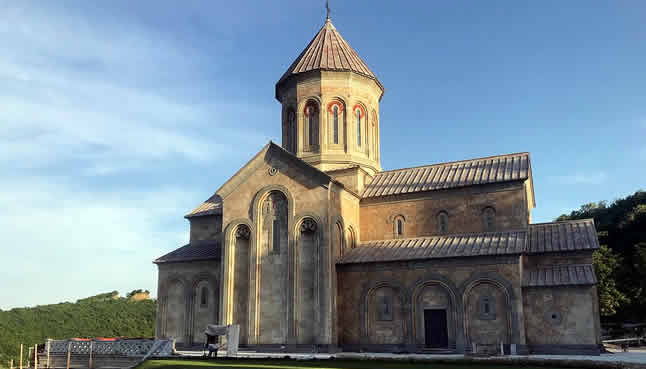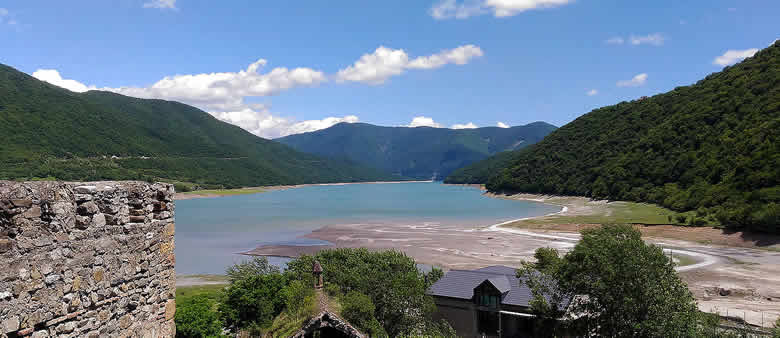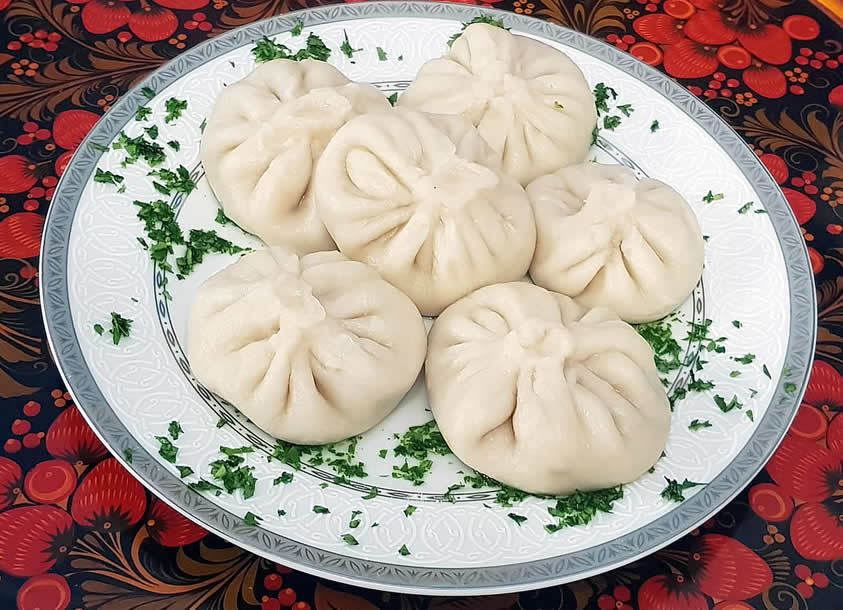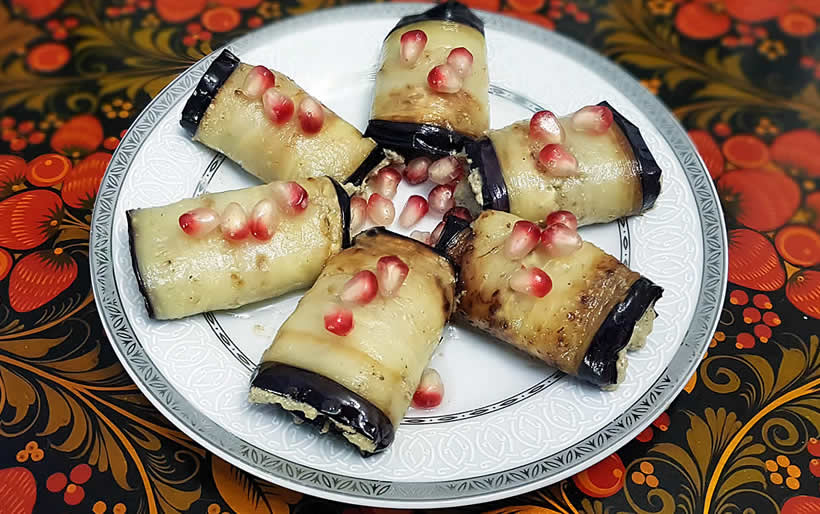Georgia, located in the heart of the Caucasus and considered the border between Europe and Asia, is a land of ancient medieval kingdoms and incredible natural beauty. With a climate that ranges from subtropical to alpine within just a few kilometers, it offers a wide array of cultural, historical, natural, and sports attractions.
Tbilisi, the capital, is a multicultural and vibrant city, famous for its beautiful historic center and colorful houses. A guided tour of Tbilisi, which includes the quirky Clock Tower at the heart of the old city, is not to be missed.
The Wine Region, Kakheti, is renowned for its wine tours, where one can taste the Georgian wine tradition. For nature lovers, the Svaneti Region offers wild and pristine landscapes, perfect for trekking.
The History of Georgia: A Crossroads of Civilizations and Cultures
Georgia is a country with a rich and complex history that reflects its strategic geographical position. Its documented history begins in the 12th century BC with the kingdom of Colchis, known for the myth of the Golden Fleece and as one of the first kingdoms to merge with the kingdom of Iberia.
The Adoption of Christianity and the Golden Age In the 4th century AD, Georgia became one of the first countries in the world to adopt Christianity as the state religion, an event that deeply influenced Georgian culture and identity. During the medieval period, Georgia experienced a golden age under the reign of David IV the Builder and Queen Tamar, expanding and flourishing until the Mongol invasions of the 13th century.

Under the Russian Empire and the Soviet Union At the end of the 18th century, Georgia became a protectorate of Russia and was later annexed to the Russian Empire. After a brief period of independence in 1918, Georgia was invaded by Bolshevik Russian forces in 1921, becoming part of the Soviet Union.
Independence and Modern Georgia With the dissolution of the Soviet Union in 1991, Georgia regained its independence. The early years were marked by political instability, economic problems, and conflicts in the regions of Abkhazia and South Ossetia. Despite these challenges, Georgia has pursued reforms to revive the economy, reduce corruption, and strengthen ties with the West, including aspirations to join NATO and the European Union.
The history of Georgia is inextricably linked to the history of its people, who have managed to preserve their faith and traditions despite numerous invasions and foreign dominations. Today, Georgia is a country that looks to the future, while not forgetting the rich heritage of its past.
A trip to Georgia is an experience that marks the soul, leaving much more than a beautiful memory. Still far from mass tourism, this nation will amaze you with its beauty and great culture. What to See in Georgia
Discovering Georgia:
A Journey Through History, Culture, and Nature
Georgia, a country nestled among the mountains of the southern Caucasus, is a land of fascinating contrasts and breathtaking natural beauty. With a history that weaves between Europe and Asia, Georgia offers visitors a unique experience, rich in cultural and archaeological sites and varied landscapes ranging from snow-capped mountains to semi-deserts, from green hills to the shores of the Black Sea.

Tbilisi: The Heart of Georgia The capital, Tbilisi, is the ideal starting point for any trip to Georgia. The city is a perfect example of how the ancient and modern blend to create a unique atmosphere. Stroll through the picturesque streets of the Old Town, discover ancient churches, thermal baths, and enjoy the vibrant atmosphere of this capital.
Davit Gareja and Vardzia: Testimonies of the Past You cannot miss Davit Gareja, a rock-hewn monastic complex, or Vardzia, a monastic city dating back to the 12th century. These sites not only offer a window into the past but also breathtaking panoramic views.
Kakheti: The Wine Region Georgia is also famous for its wines, and Kakheti is the heart of the country’s wine production. Visit the local wineries, taste Georgian wines, and immerse yourself in the wine-making traditions that date back thousands of years.
Svaneti and Kazbegi: The Wonders of the Caucasus For nature lovers, the mountainous regions of Svaneti and Kazbegi offer unforgettable landscapes. Svaneti is known for its medieval towers, and Kazbegi for Mount Kazbek, one of the highest mountains in the Caucasus.
Batumi: The Pearl of the Black Sea Finally, Batumi, on the Black Sea coast, is famous for its beaches and vibrant nightlife. With its modern skyscrapers and botanical gardens, Batumi is a city that never sleeps.
When to Visit Georgia The climate in Georgia varies depending on the region, but the ideal time to visit is spring or early autumn when the weather is mild and rainfall is sporadic. Avoid the summer months in the cities, preferring the high mountain areas or the spa and seaside resorts.
Georgia is a country that will surprise you at every step, with its warm hospitality and endless possibilities for discovery.
Georgian Cuisine
Georgia is also a journey through the flavors and traditions of Georgian cuisine, a culinary heritage that is deeply rooted in a history that spans millennia.
Khachapuri: Known as the dish of happiness, this bread filled with melted cheese and eggs is the emblem of Georgian hospitality. Each bite is an invitation to share the warmth and generosity of this land.

Khinkali: These spicy dumplings, filled with succulent meat and aromatic broth, offer a unique sensory experience. Their shape and flavor tell stories of ancient traditions and cultural encounters.

Badrijani: A typical Georgian appetizer, these are rolls of eggplant filled with a cream of walnuts, spices, and garlic.

Wine in Amphora: Georgia is not only one of the oldest wine producers in the world but also a place where wine is liquid poetry. The orange wine, fermented in traditional kvevri, is a symbol of innovation that blends with tradition.
Pkhali: This colorful and spicy dish, made with vegetables and nuts, is a hymn to Georgian biodiversity. Each bite is a mix of flavors that celebrates the richness of nature.
Georgian cuisine is a journey of discovery, an experience that goes beyond the simple act of eating. It is a way to connect with the history, culture, and soul of a people who have made hospitality and conviviality an art.

